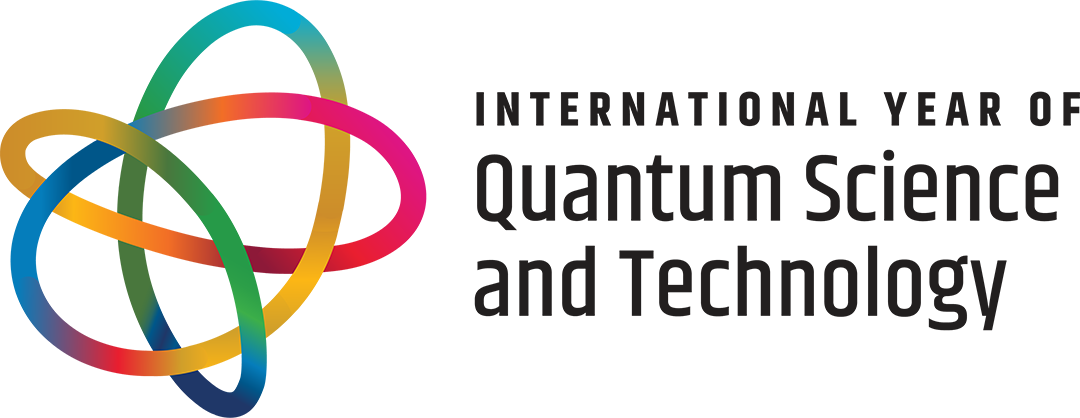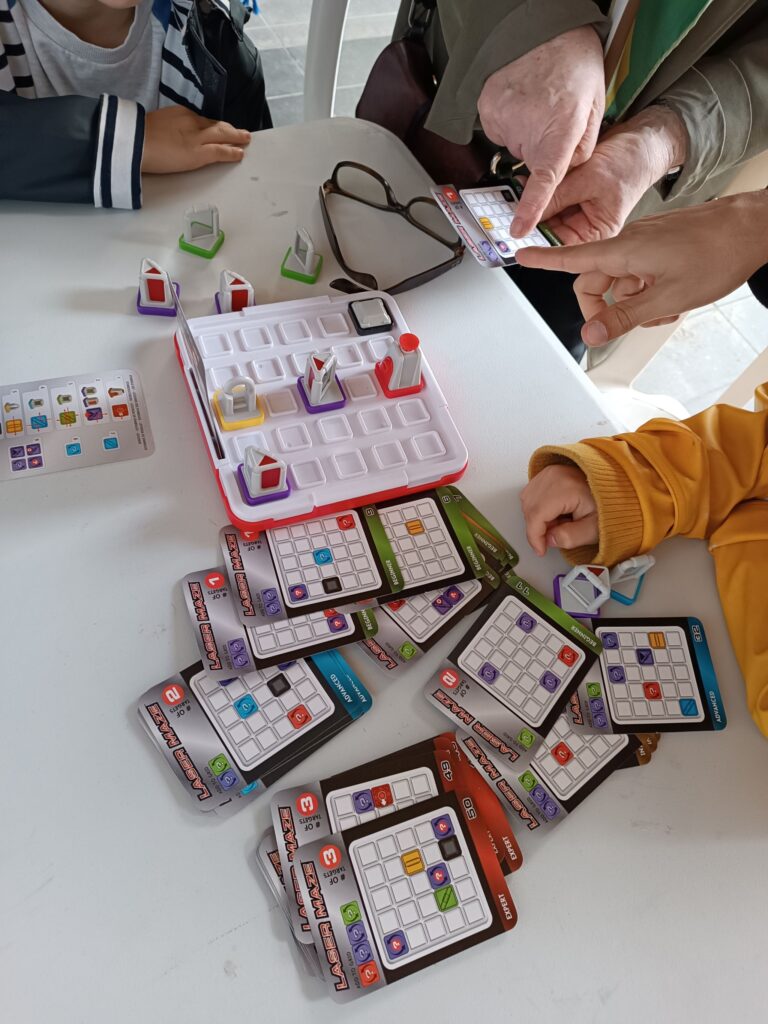Le sommet de l’innovation quantique 2025 se concentre sur les “frontières quantiques” : Innover pour un avenir sûr”. Ce thème souligne le rôle essentiel des technologies quantiques pour relever les défis complexes de notre époque, qu’il s’agisse de renforcer la sécurité mondiale ou de promouvoir la santé et la durabilité environnementale. Le sommet invite les chefs d’entreprise, les chercheurs et les décideurs politiques à engager un dialogue constructif, à présenter les dernières avancées en matière de technologies quantiques et à forger des partenariats stratégiques. Notre objectif est de favoriser un environnement de collaboration où des solutions pratiques émergent, portées par le potentiel de transformation de l’innovation quantique.
Thèmes principaux
Applications de l’informatique quantique
-Optimisation et logistique : Exploitation de l’informatique quantique pour résoudre des problèmes d’optimisation complexes dans diverses industries.
-Santé et découverte de médicaments : Accélération de la recherche médicale et des plans de traitement personnalisés grâce aux algorithmes quantiques.
– Solutions énergétiques durables : Développement de matériaux quantiques pour des sources d’énergie renouvelable plus efficaces.
Détection et photonique
-Détection quantique : Utilisation de capteurs quantiques pour des mesures de haute précision dans les domaines de la santé, de la surveillance de l’environnement et des applications industrielles.
– Photonique : Exploration du rôle de la photonique dans la communication, l’informatique et le traitement de l’information quantiques.
Innovation industrielle
-Optimisation et logistique : Exploitation de l’informatique quantique pour résoudre des problèmes d’optimisation complexes dans diverses industries.
-Santé et découverte de médicaments : Accélérer la recherche médicale et les plans de traitement personnalisés grâce aux algorithmes quantiques.
Investisseurs et esprit d’entreprise
-Funding Quantum Startups : Points de vue de capital-risqueurs et d’investisseurs sur le soutien aux innovations quantiques.
-Startup Success Stories : Études de cas et leçons tirées de la réussite d’entrepreneurs quantiques.
Développement des talents et de la main-d’œuvre
-Building a Quantum-Savvy Workforce : Programmes d’enseignement et de formation visant à former la prochaine génération d’experts quantiques.
-Women in Quantum Tech (Les femmes dans la technologie quantique) : Mise en lumière des contributions et des expériences des femmes leaders dans le domaine quantique.
Intelligence artificielle
– IA et informatique quantique : Améliorer les capacités de l’IA grâce à l’informatique quantique pour résoudre des problèmes complexes avec plus d’efficacité et de précision.
– Apprentissage machine : Intégrer les algorithmes quantiques à l’apprentissage automatique pour faire progresser l’analyse prédictive et l’automatisation.
Sécurité quantique
– Cryptographie quantique : Mise en œuvre de systèmes de sécurité inviolables grâce à la distribution quantique des clés et à la cryptographie post-quantique.
-Cybersécurité à l’ère quantique : stratégies de protection contre les menaces et les vulnérabilités d’origine quantique.
Considérations éthiques et réglementaires
– Confidentialité et éthique : Aborder les implications éthiques de la technologie quantique et garantir une innovation responsable.
– Cadres réglementaires : Élaborer des normes et des politiques pour l’ère quantique.


